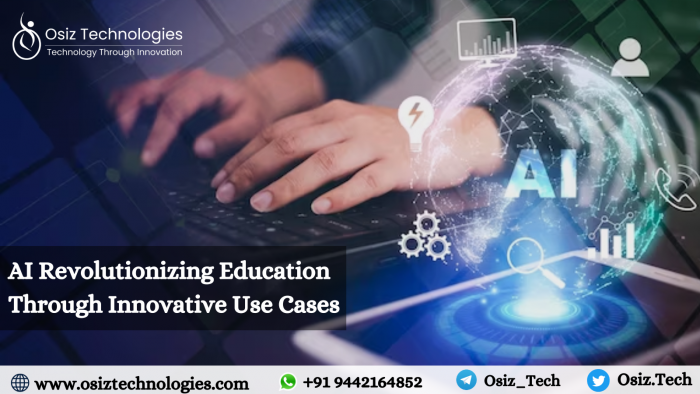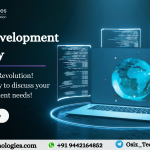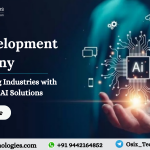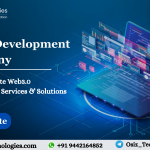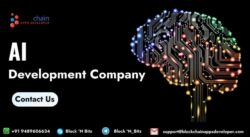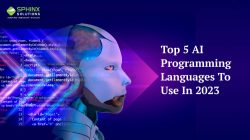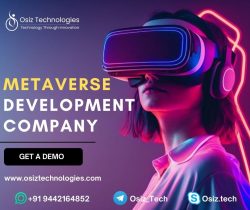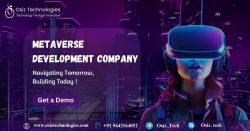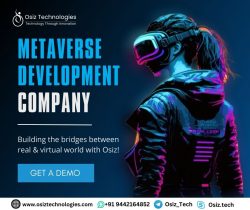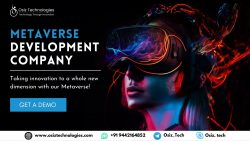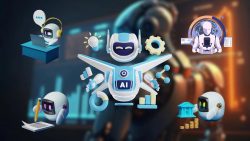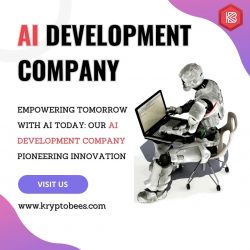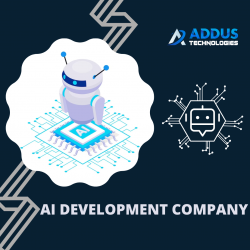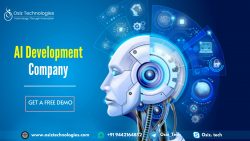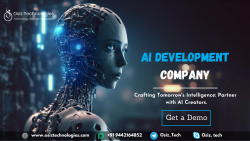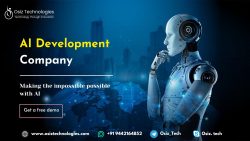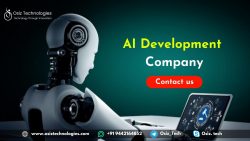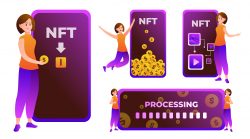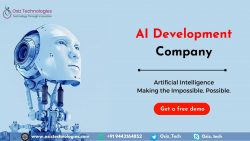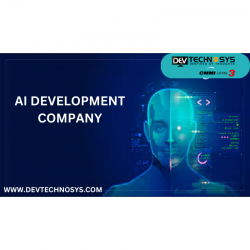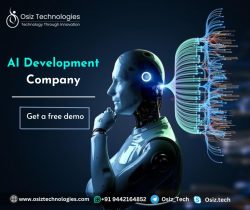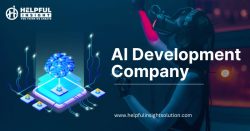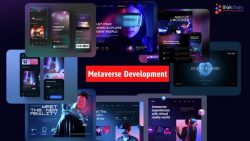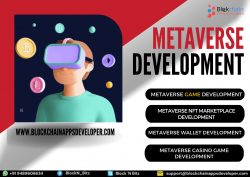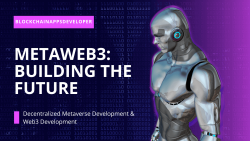AI Revolutionising Education Through Innovative Use Cases
Artificial Intelligence (AI) is revolutionising various industries, and education is no exception. As we navigate the digital age, the integration of AI in education brings forth a myriad of opportunities and challenges.
This article explores the diverse use cases of AI in education and sheds light on how it is transforming traditional learning methodologies.
Benefits Of AI In Education
Improved Personalization
One of the key advantages of incorporating AI in education is the ability to tailor learning experiences to individual students. AI algorithms analyse students’ learning styles and pace, offering personalised content that caters to their unique needs. This fosters a more engaging and effective learning environment.
Enhanced Learning Experience
AI technologies enhance the overall learning experience by providing interactive and immersive content. Virtual reality (VR) and augmented reality (AR) applications, powered by AI, allow students to explore subjects in unprecedented ways, making education more captivating and memorable.
Efficient Administrative Processes
AI streamlines administrative tasks in educational institutions, allowing educators to focus more on teaching. Automated systems handle routine administrative duties such as scheduling, grading, and data analysis, saving valuable time and resources.
AI-Powered Learning Platforms
Virtual Tutors and Learning Assistants
AI-driven virtual tutors and learning assistants offer personalized guidance to students. These intelligent systems adapt to individual learning styles, providing additional support where needed. This not only aids students in understanding complex topics but also fosters a sense of self-directed learning.
Adaptive Learning Systems
Adaptive learning platforms use AI to continuously assess students’ progress and adjust the curriculum accordingly. This ensures that students receive targeted interventions and challenges based on their proficiency, promoting a more dynamic and effective learning journey.
AI-Driven Content Creation And Assessment
Automated Grading Systems
AI-powered grading systems automate the assessment process, providing quick and objective feedback to students. This not only accelerates the grading process but also allows educators to focus on providing more personalized guidance to students.
Content Generation Tools
AI assists educators in creating engaging and relevant learning materials. Natural language processing (NLP) algorithms generate content that aligns with curriculum requirements while also catering to students’ interests, making the learning experience more enjoyable.
Transform Your Educational Journey!
Challenges And Concerns In Implementing AI In Education
Ethical Considerations
The integration of AI in education raises ethical concerns, such as the responsible use of student data and the potential bias in algorithms. Striking a balance between innovation and ethical considerations is crucial for the successful implementation of AI in educational settings.
Privacy Issues
The collection and analysis of student data by AI systems raise privacy concerns. Educational institutions must prioritize robust data protection measures to ensure the confidentiality and security of students’ information.
Access and Inclusivity
While AI offers transformative possibilities, ensuring equitable access to technology and AI-driven educational tools remains a challenge. Bridging the digital divide and promoting inclusivity are essential aspects of leveraging AI in education.
Real-World AI Education Use Cases
AI-Powered Tutoring Apps
Several AI tutoring apps provide personalised support to students outside the traditional classroom setting. These apps leverage AI algorithms to identify areas of improvement, offering targeted exercises and explanations to enhance understanding.
Gamified Learning Platforms
AI-driven gamified learning platforms make education more interactive and enjoyable. By incorporating elements of game design, these platforms motivate students to actively participate in the learning process, enhancing both retention and engagement.
Intelligent Classroom Management Systems
AI contributes to efficient classroom management by analysing students’ behaviour and engagement levels. Intelligent systems help educators identify potential challenges and provide timely interventions, creating a more conducive learning environment.
Impact Of AI On Student Success
Improved Retention Rates
AI’s personalised learning approach contributes to higher retention rates by addressing individual learning gaps. Students receive targeted support, reducing the likelihood of falling behind in their studies.
Skill Development and Future Employability
AI facilitates the development of essential skills such as critical thinking, problem-solving, and digital literacy. These skills are increasingly valuable in the workforce, enhancing students’ future employability.
The Role of Teachers in AI-Integrated Classrooms
While AI augments the learning experience, the role of teachers remains indispensable. Educators become facilitators, guiding students in navigating AI-driven learning environments and providing the human touch essential for holistic development.
Osiz Technologies, as a leading AI development company, stands at the forefront of AI, metaverse development, and blockchain development integration in education, bringing forth transformative possibilities. From personalised learning experiences to metaverse immersion and blockchain-secured credentials, Osiz’s contributions shape the future of education.
Source : https://www.osiztechnologies.com/blog/AI-revolutionizing-education-through-innovative-use-cases
Get an Experts Consultation!
Call/Whatsapp: +91 9442164852
Telegram: Osiz_Tech
Skype: Osiz. tech
Email : [email protected]
